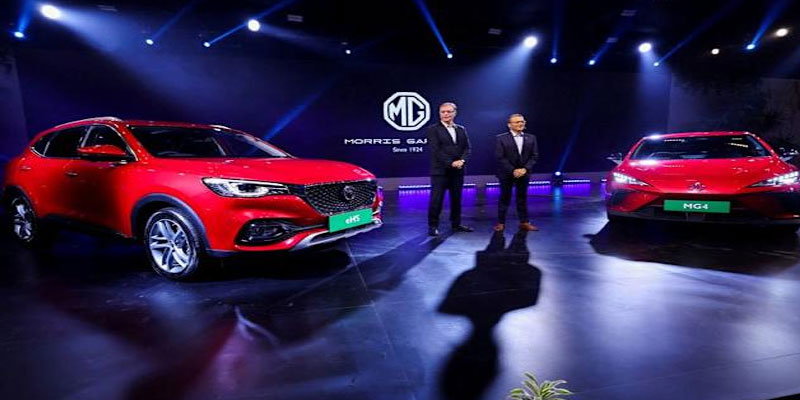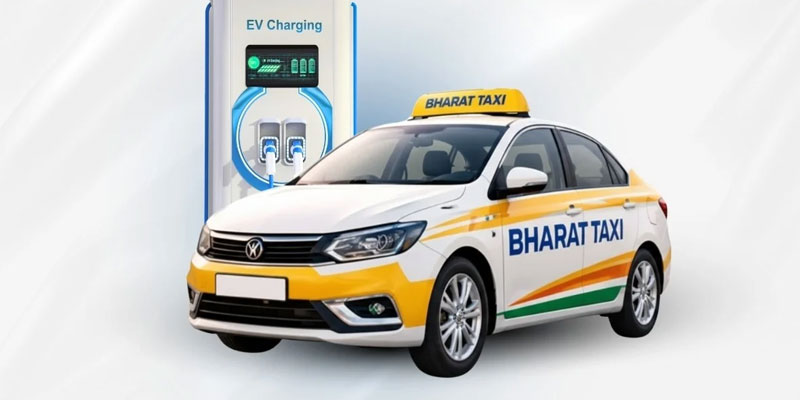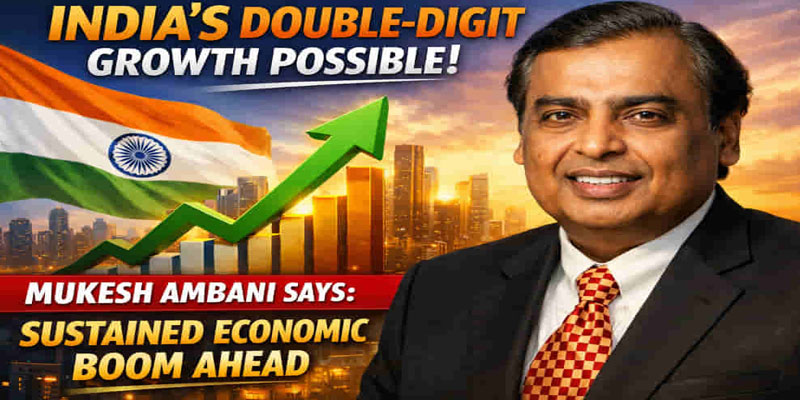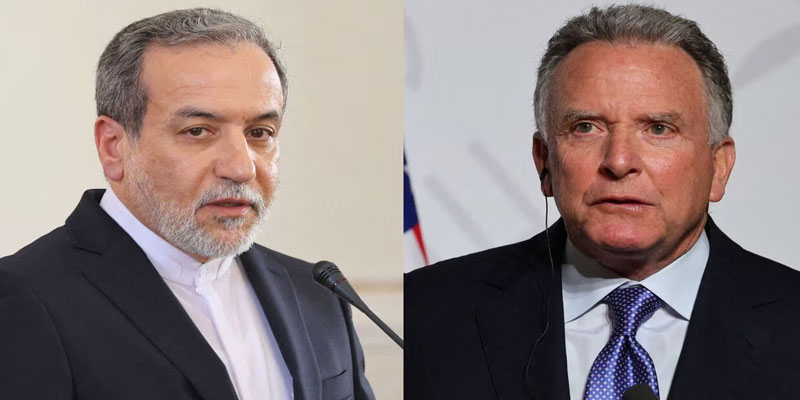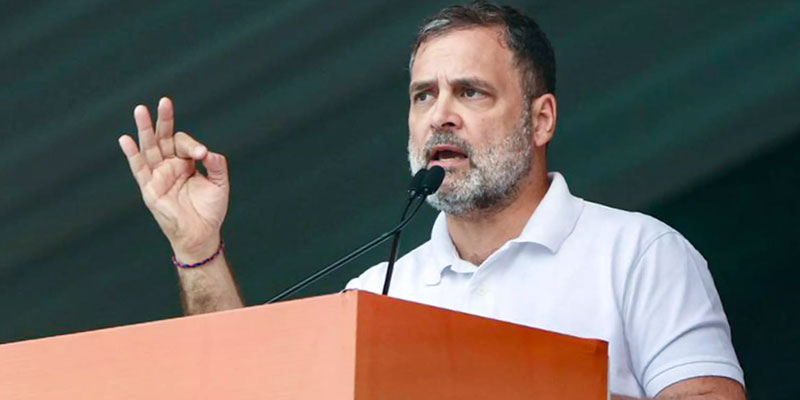Sharp Hike Sparks Outcry
In July, ICICI Bank, India’s second-largest private lender, revised the minimum average monthly balance (MAB) for select savings account categories in metro and urban branches from ₹10,000 to an unprecedented ₹50,000. The change, set to take effect on September 1, represented a fivefold jump and triggered strong reactions from customers and political voices alike. Critics argued the steep hike was impractical, especially for middle-class households managing EMIs, bills, and loan repayments.
Rollback to Softer Terms
Facing growing discontent, the bank announced on Thursday that it would significantly reduce the proposed threshold. For metro and urban account holders, the new MAB requirement will now be ₹15,000, a considerable drop from the earlier ₹50,000 proposal.
The revised structure, effective for accounts opened from August 1, 2025, is as follows:
· Metro/Urban: ₹15,000
· Semi-Urban: ₹7,500
· Rural: ₹2,500
Pensioners below 60 years and students from 1,200 designated institutions remain exempt from maintaining any MAB.
In its customer notification, ICICI Bank stated: “Following valuable feedback from our customers, we have revised these requirements to better reflect their expectations and preferences.”
The Original Plan and Its Impact
On August 9, the lender’s earlier revision had outlined the following steep increases:
· Metro/Urban: ₹50,000 (up from ₹10,000)
· Semi-Urban: ₹25,000 (up from ₹5,000)
· Rural: ₹10,000 (up from ₹2,500)
Failure to meet these balances would have resulted in penalty charges of ₹500 or 6% of the shortfall, whichever was lower. Many customers saw this as financially burdensome, particularly in an era when urban youth prefer to invest rather than keep idle funds in accounts yielding roughly 3% annual interest.
Public and Political Reactions
The hike quickly became a flashpoint. Congress spokesperson Shama Mohamed called it “a blow to the middle class.” Social media users also vented their frustration, highlighting how even salaried professionals would struggle to keep such high balances after covering living costs.
One post read: “Every sector is just focused on squeezing the middle-class. Poor people are invisible to them, and the government does nothing.” Another commented on the broader trend: “Urban youth want their money to grow, not rot in savings accounts keeping banks rich.”
Market Response
On the day preceding the rollback, ICICI Bank shares slipped 0.07% to ₹1,421.15 on the BSE, while the benchmark Sensex rose 0.38% to 80,539.91. Analysts noted the customer pushback and policy reversal underscore the sensitivity of retail banking to public sentiment.
A Listening Moment for Banking
By scaling back its MAB requirement, ICICI Bank has sent a signal that customer feedback matters, especially in a competitive market where digital investment platforms are reshaping how people manage money. The episode highlights the balancing act banks must perform — ensuring operational viability without alienating their core customer base.
For now, the bank urges account holders to review their category-specific requirements via its website, app, or nearest branch — a reminder that, in banking, policy changes can be as swift as the reactions they provoke.
(With agency inputs)





